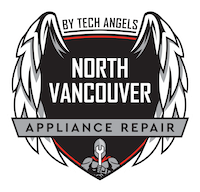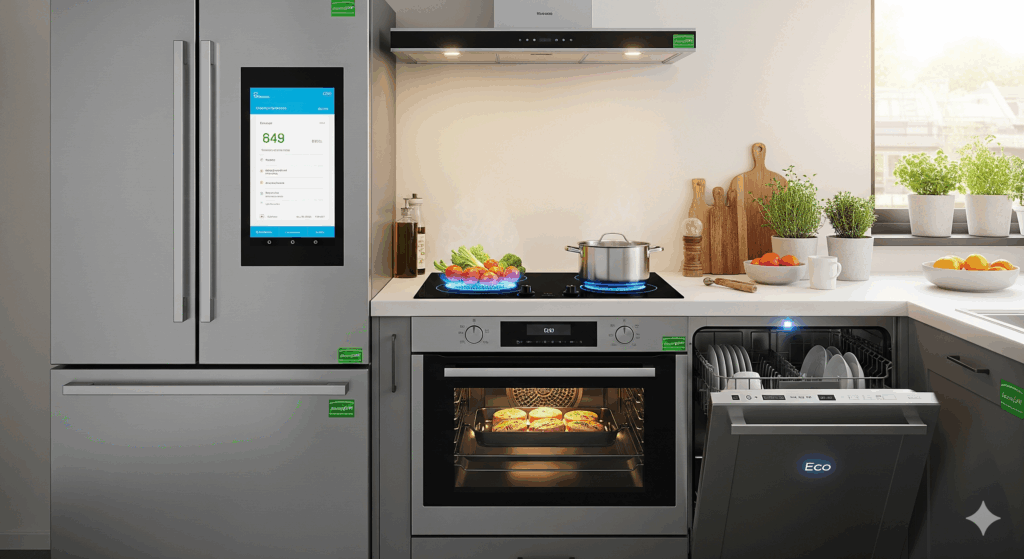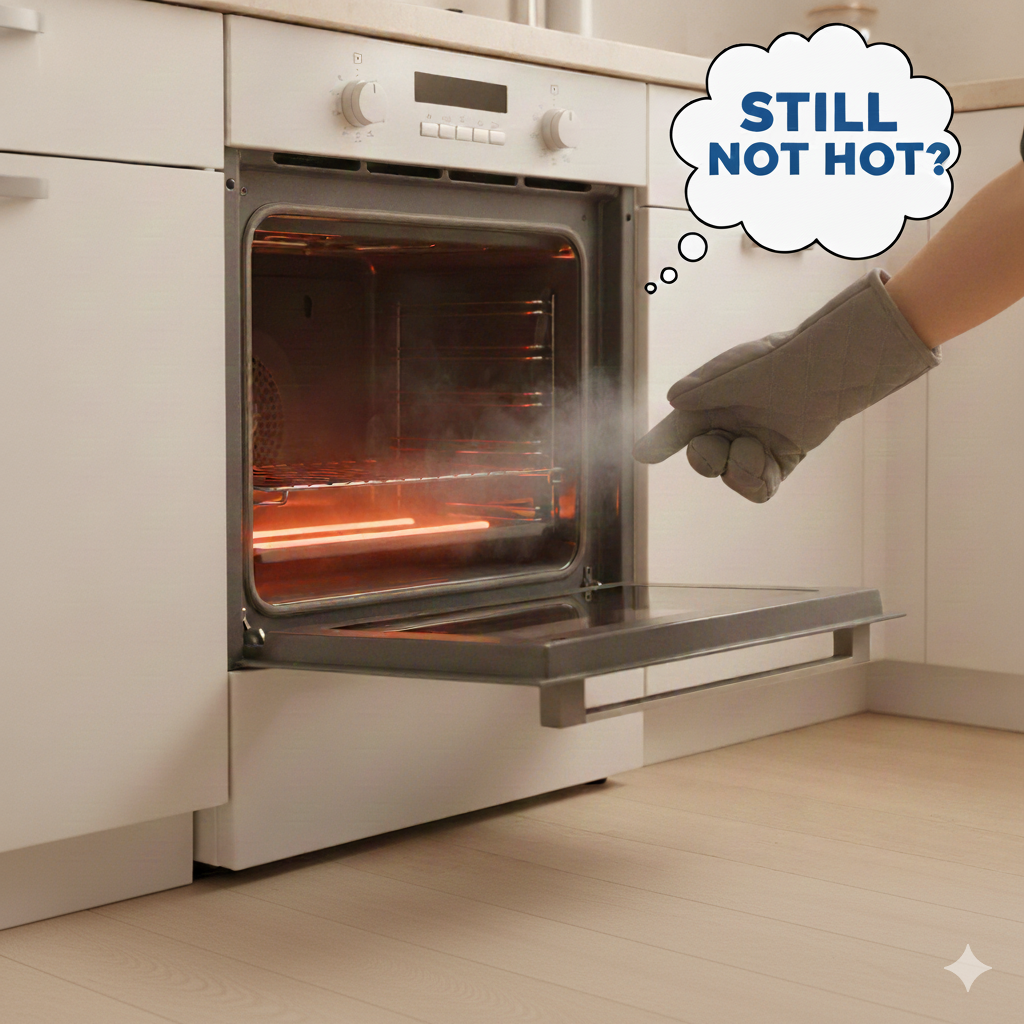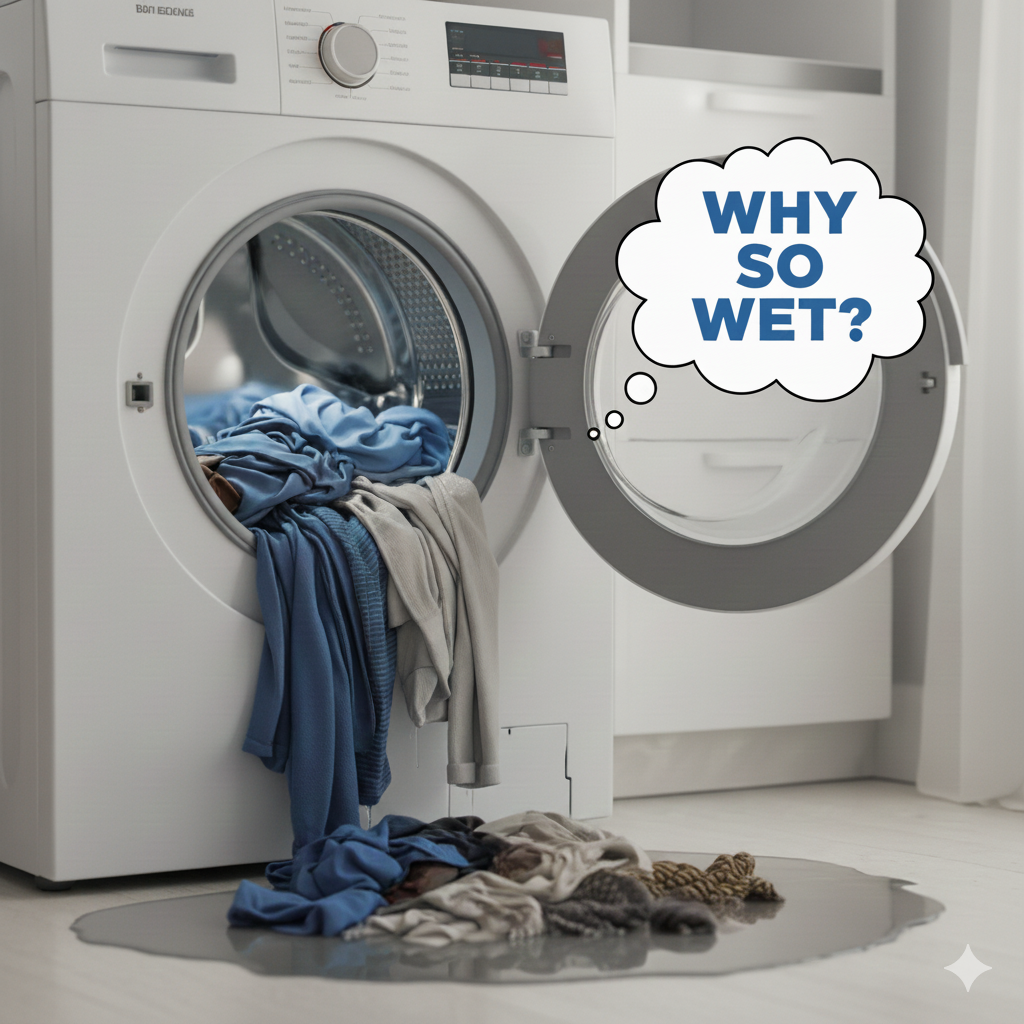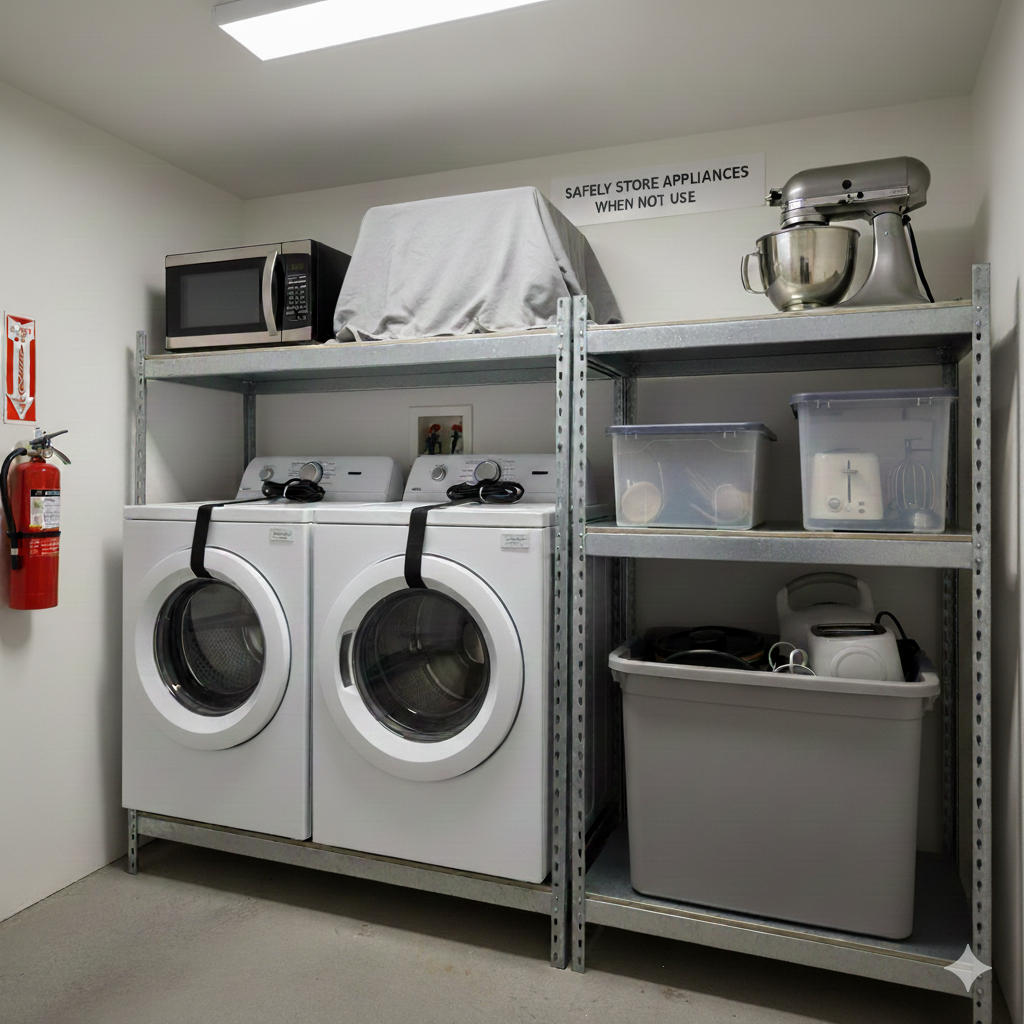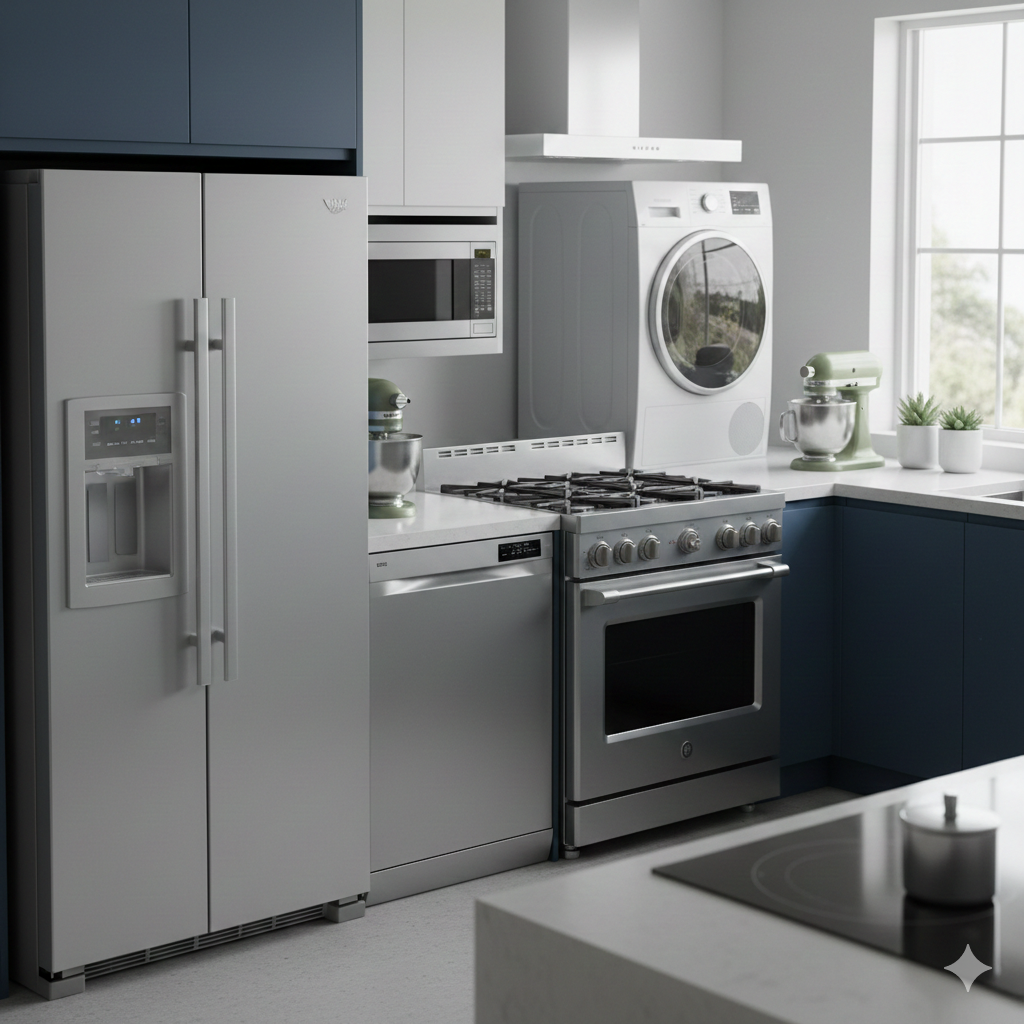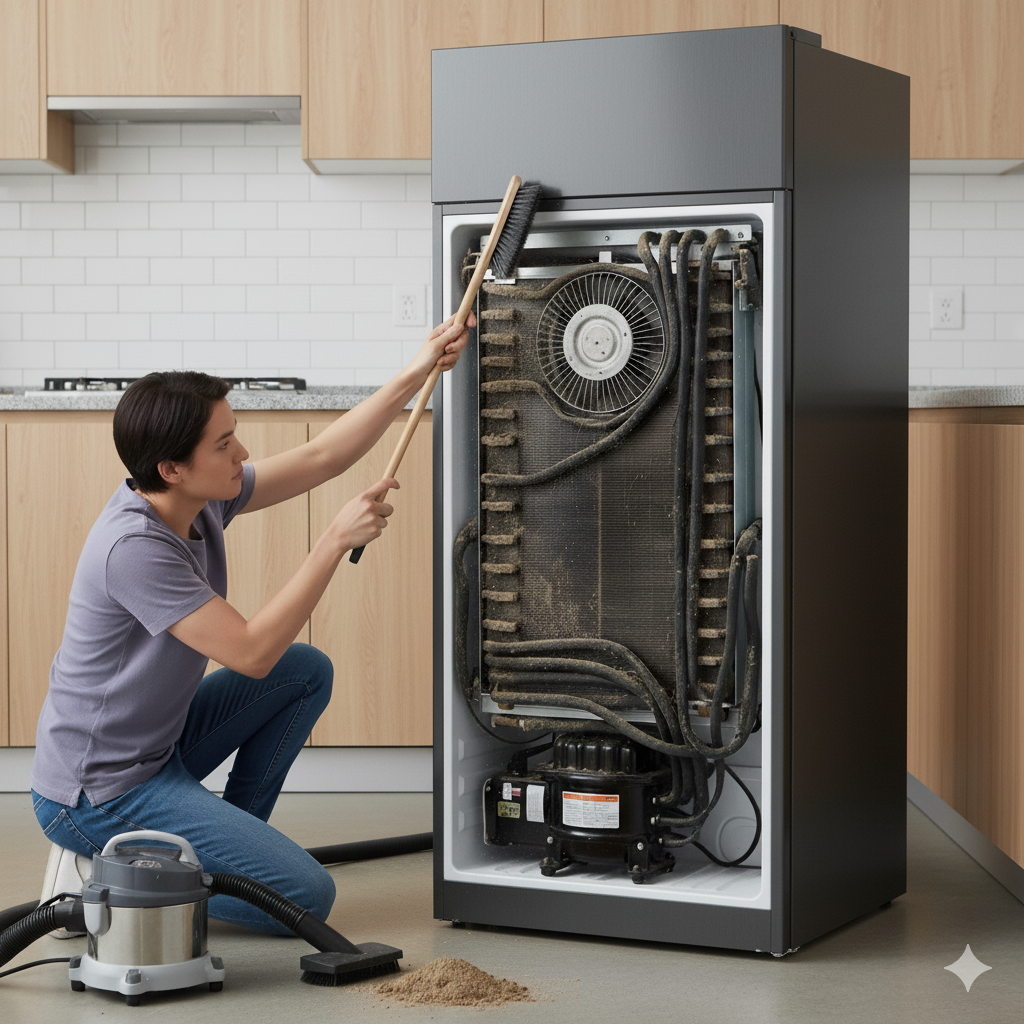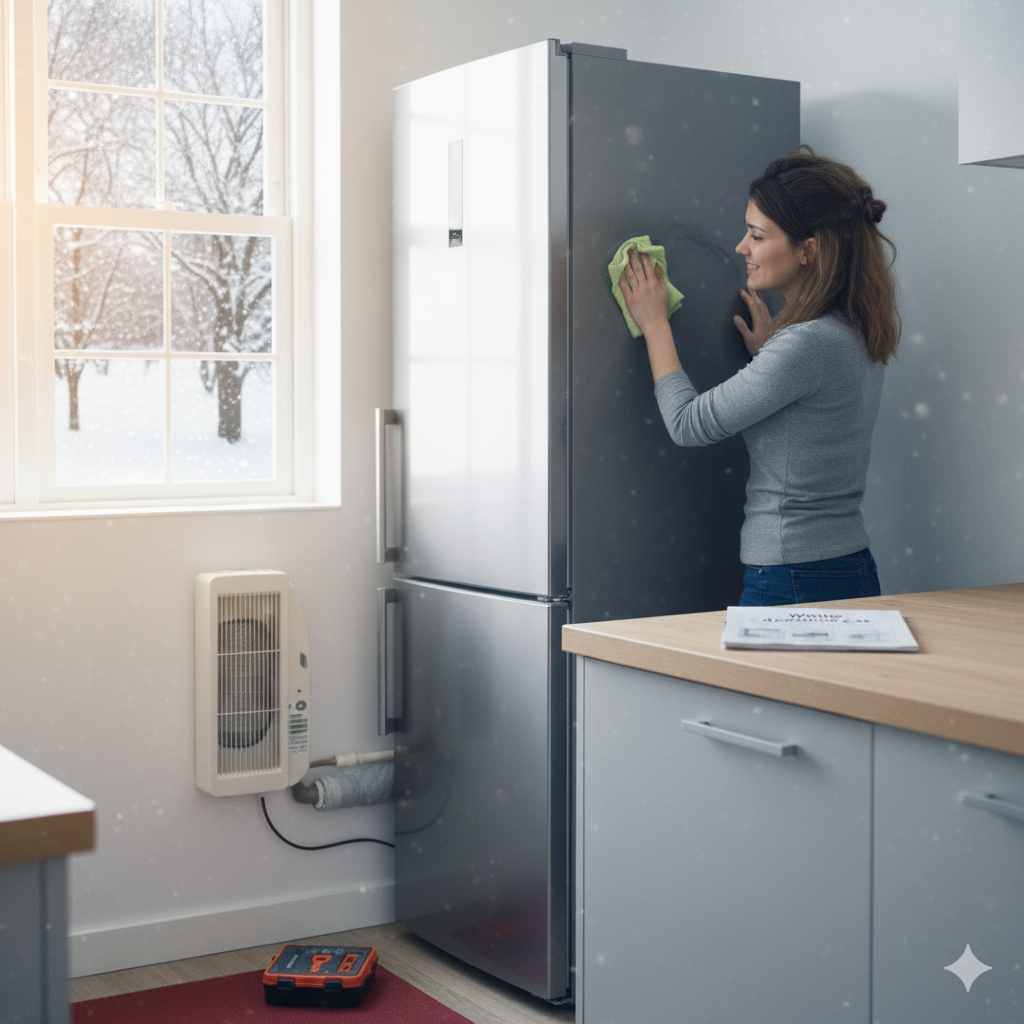In today's world, where energy costs are climbing and environmental concerns are at the forefront, picking the right appliances for your home isn't just about style or convenience—it's about making smart, sustainable choices. As homeowners in North Vancouver and the surrounding areas, we're all too familiar with those hefty utility bills, especially during our chilly winters. Energy-efficient appliances can slash those costs while reducing your carbon footprint. But with so many options out there, how do you choose wisely? In this guide, we'll dive into practical tips to help you select appliances that save energy without sacrificing performance. And if you're dealing with an older model that's on its last legs, remember that northvancouverappliances.ca offers high-quality repair services right here in North and West Vancouver—we can often extend the life of your current appliances before you need to replace them.
Why Energy Efficiency Matters More Than Ever
Let's start with the basics: why bother with energy-efficient appliances? For one, they use less electricity or gas, which directly translates to lower bills. According to recent studies, the average Canadian household spends over $1,000 a year on energy for appliances alone. Switching to efficient models could cut that by 20-30%. Plus, in a place like Vancouver, where we're committed to green living, these choices support broader goals like reducing greenhouse gas emissions.
Think about it—your fridge runs 24/7, your washer handles weekly loads, and your oven gets fired up for family dinners. Inefficient versions waste energy through poor insulation, outdated tech, or unnecessary features. Energy-efficient ones incorporate advancements like better compressors, LED lighting, and smart sensors. But efficiency isn't just about the tech; it's about matching the appliance to your lifestyle. A family of five needs different specs than a solo dweller.
If you're unsure where to start, consulting local experts can make a difference. At northvancouverappliances.ca, our team specializes in appliance repairs and can assess your current setup, pointing out inefficiencies that might be costing you. We've helped countless residents in North Vancouver upgrade smartly, ensuring their homes run smoother and greener.
Related: How to Troubleshoot a Dryer That’s Overheating: Expert Advice
Decoding Energy Labels: Your First Stop
One of the most straightforward ways to spot an energy-efficient appliance is by checking the labels. In Canada, the EnerGuide label is mandatory on most major appliances, showing estimated annual energy consumption in kilowatt-hours (kWh). Look for the black arrow pointing to the energy rating—the lower the number, the better.
Then there's the ENERGY STAR certification, a voluntary program backed by Natural Resources Canada and the U.S. EPA. Appliances with this blue label meet strict efficiency standards, often using 10-50% less energy than standard models. For example, an ENERGY STAR fridge might save you $100 a year compared to a non-certified one.
But don't stop at the label. Compare models side by side. Websites like the Natural Resources Canada database let you search by type and efficiency. Pay attention to the "energy factor" or similar metrics—higher is better for things like water heaters. And remember, size matters: a oversized appliance wastes energy, so measure your space and needs first.
A real-life tip from our experience at northvancouverappliances.ca: We've repaired many appliances that were efficient on paper but installed poorly, leading to leaks or poor performance. If you're in West Vancouver or nearby, give us a call—we provide top-notch repair services to keep your efficient appliances running optimally.
Selecting an Energy-Efficient Refrigerator
Refrigerators are energy hogs, accounting for about 13% of household electricity use. To choose wisely, opt for top-freezer models over side-by-side ones; they're typically 10-25% more efficient due to better airflow. Avoid through-the-door ice dispensers—they can increase energy use by up to 20% because of added insulation breaks.
Look for features like adaptive defrost, which only runs when needed, or vacation mode for when you're away. ENERGY STAR models often include high-efficiency compressors and LED lights. Size-wise, aim for 16-20 cubic feet for a family of four—bigger isn't always better, as empty space means more cooling effort.
Consider your kitchen layout too. Built-in models might look sleek but often use more energy. And if you're replacing an old fridge, recycle it properly to avoid environmental harm. In our work at northvancouverappliances.ca, we've seen how a simple repair can make an older fridge more efficient, saving clients hundreds before they buy new. Serving North Vancouver and surrounding areas, we're your go-to for high-quality fixes that promote sustainability.
Expanding on this, let's talk about smart fridges. While they offer Wi-Fi connectivity for remote monitoring, weigh if you need it—extra features can bump up energy use. A study from the Lawrence Berkeley National Laboratory found that basic efficient models outperform "smart" ones in pure energy savings. Personal anecdote: I once helped a client in West Vancouver troubleshoot a smart fridge that was guzzling power due to a faulty app integration. A quick repair from our team at northvancouverappliances.ca got it back on track.
Related: How to Diagnose a Washing Machine That Won’t Spin
Tips for Washers and Dryers That Save Water and Power
Laundry appliances are next on the list, and efficiency here means saving both electricity and water. Front-load washers are generally more efficient than top-loaders, using 40-50% less water and spinning clothes drier, which reduces dryer time. Look for models with high Modified Energy Factor (MEF) and low Water Factor (WF)—aim for MEF over 2.0 and WF under 6.0.
For dryers, gas models are often more efficient than electric if you have access to natural gas, as they heat faster. Ventless or heat-pump dryers are game-changers in condos, recirculating hot air instead of venting it out. ENERGY STAR dryers can save up to $500 over their lifetime.
Don't forget maintenance: Clean lint filters after every load to boost efficiency by 30%. And pair your washer and dryer—mismatched sets can lead to inefficiencies. If your current setup is acting up, northvancouverappliances.ca offers expert repair services in North and West Vancouver, helping you avoid premature replacements.
Delving deeper, consider cycle options. Eco modes use cooler water and longer spins, cutting energy by 20%. For families, larger capacity means fewer loads, but only if you fill them up. I recall a case where a Burnaby resident (just outside our core area, but we serve there too) had a washer leaking, wasting water galore. Our repair team at northvancouverappliances.ca fixed it swiftly, turning it into an efficient beast again.
Dishwashers: Clean Plates, Clean Conscience
Dishwashers might seem minor, but they can use up to 5,000 liters of water a year if inefficient. Choose models with soil sensors that adjust water use based on load dirtiness—saving up to 30% energy. ENERGY STAR dishwashers often have efficient jets and heat-dry options that use less power.
Go for compact or standard sizes based on your household; oversized ones waste resources. Features like half-load cycles are great for small families. And skip the pre-rinse—modern dishwashers handle scraps fine, saving water.
Installation tip: Ensure it's level and connected properly to avoid leaks. If yours is old and inefficient, a repair might suffice. At northvancouverappliances.ca, we've revived many dishwashers for clients in the surrounding Vancouver areas, emphasizing high-quality service that extends appliance life.
To make this more relatable, think about holiday gatherings. An efficient dishwasher handles the aftermath without spiking your bill. Studies show that running a full load is more efficient than hand-washing, contrary to old myths. We've educated many customers on this during repairs, helping them make informed choices.
Ovens and Stoves: Cooking Up Efficiency
Cooking appliances vary widely in efficiency. Induction cooktops are stars here, using electromagnetic fields to heat pots directly—up to 90% efficient versus 70% for electric coils or 40% for gas. They're safer and cooler too, ideal for Vancouver's mild climate.
For ovens, convection models circulate hot air, cooking 25% faster and using less energy. Self-cleaning features are convenient but energy-intensive, so use sparingly. Size your range to your needs—oversized burners waste heat.
Gas vs. electric: Gas is often cheaper to run but less efficient overall. If switching, factor in installation costs. And always ventilate properly to maintain indoor air quality.
From our perspective at northvancouverappliances.ca, many oven issues stem from poor maintenance, like dirty elements. Our repair services in North Vancouver can optimize your setup, potentially delaying a full replacement.
Let's explore baking habits. Frequent bakers benefit from double ovens for multi-tasking without heating a large space. A client in West Vancouver shared how our repair fixed her convection fan, making her oven 20% more efficient overnight.
General Tips: Size, Features, and Long-Term Care
Beyond specific appliances, general rules apply. Always match size to needs—too big wastes energy. Prioritize essential features over bells and whistles; smart tech is fun but can add standby power draw (aka "vampire energy").
Budget for upfront costs—efficient models cost more but pay back in savings. Calculate ROI using tools like the ENERGY STAR savings calculator. And shop local; Vancouver stores often have rebates through BC Hydro.
Maintenance is key: Regular cleaning, filter changes, and professional check-ups prevent efficiency drops. That's where northvancouverappliances.ca shines—we provide high-quality appliance repair services across North and West Vancouver and nearby, ensuring your investments last.
Incorporate smart home integration sparingly. While thermostats help, over-reliance can complicate things. Anecdotally, we've repaired appliances glitched by smart hubs, reminding clients that simplicity often wins.
The Bigger Picture: Savings and Sustainability
Choosing energy-efficient appliances isn't just personal—it's planetary. They reduce demand on grids, cutting emissions. In BC, where hydro power is clean, efficiency still conserves resources for export or future needs.
Financially, rebates like those from FortisBC can offset costs. Over 10 years, savings might reach thousands. Plus, efficient homes sell faster, adding value.
If upgrading, dispose of old appliances responsibly. Many programs recycle them, recovering materials.
Wrapping It Up: Make the Switch Today
Armed with these tips, you're ready to choose energy-efficient appliances that fit your life. Start small—maybe replace that ancient fridge—and build from there. The rewards? Lower bills, a greener home, and peace of mind.
For personalized advice or repairs, turn to northvancouverappliances.ca. As a trusted provider of high-quality appliance repair services in North and West Vancouver and the surrounding areas, we're here to help you maintain efficiency every step of the way. Contact us today—your appliances (and wallet) will thank you.
